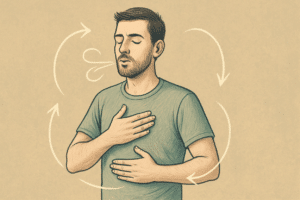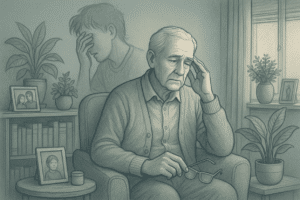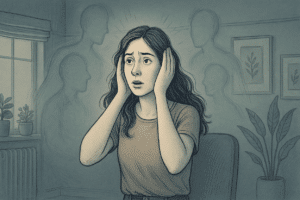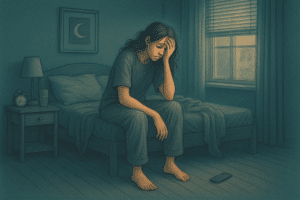
How to Deal With a Panic Attack on a Plane?
Learn effective strategies to manage panic attacks on planes, from breathing techniques to grounding exercises that provide immediate relief during frightening flight anxiety.

How to Deal With Trauma Triggers?
Learn effective strategies to identify and manage trauma triggers, from grounding techniques to building support systems, for you to reclaim control of your life.

Can Trauma Trigger Dementia?
Learn how traumatic experiences can increase dementia risk through brain changes and how specialized trauma treatment can protect your cognitive health.

When Does Schizophrenia Develop in Females: Onset & Prevalence
Learn when schizophrenia typically develops in women, why females experience unique onset patterns, and how hormonal changes influence symptoms and treatment outcomes.

How to Manage Hearing Voices in Schizophrenia
Learn effective strategies to manage hearing voices in schizophrenia, from medication and therapy approaches to practical coping techniques for daily life.

What is Sleep Deprivation Psychosis: Symptoms, Causes & Treatment
Learn about the symptoms, causes, and treatment options for sleep deprivation psychosis—a serious condition that requires prompt intervention for full recovery.





